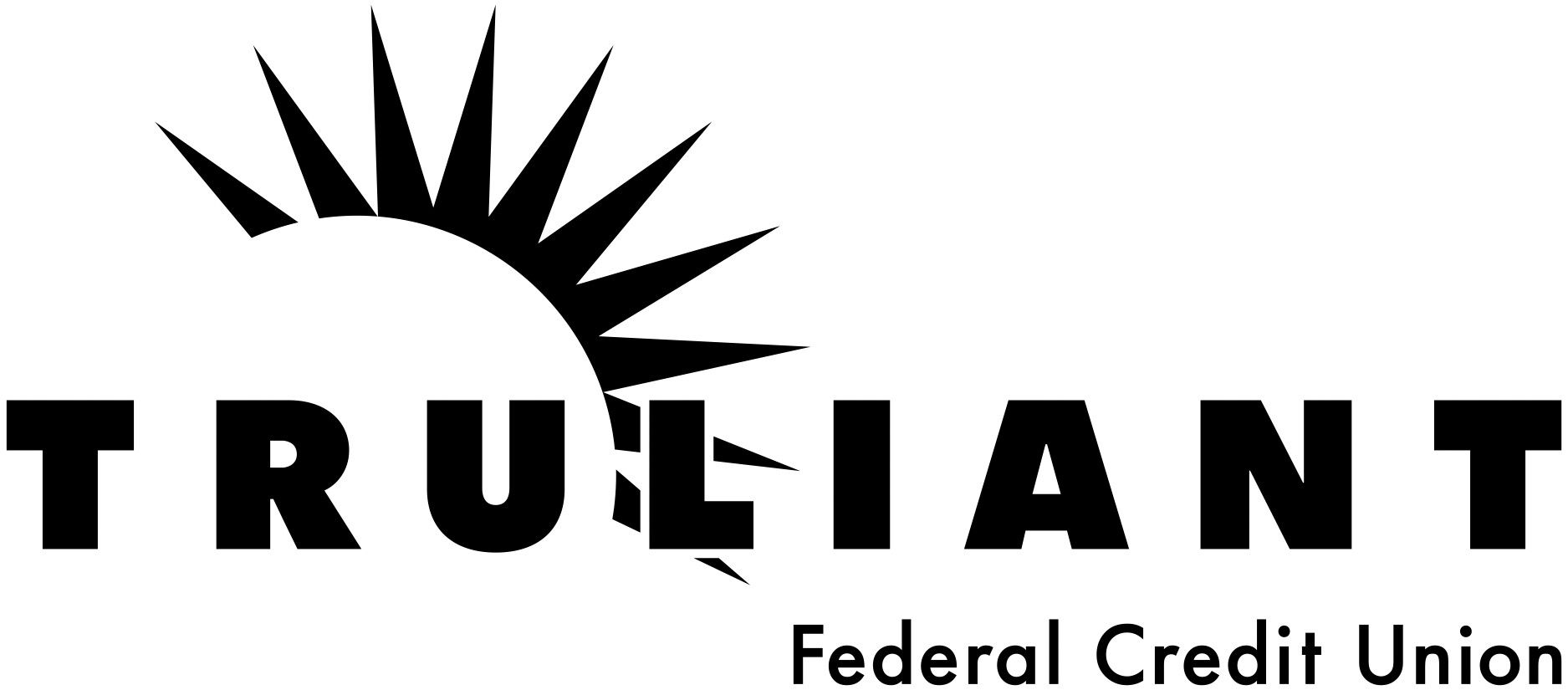How Much Emergency Fund Do I Need?

Determining How Much You Need for an Emergency Fund
Many Americans are not prepared if they get an unplanned expense for $500 or $1,000, let alone for a job loss or medical emergency. It’s necessary to consider an emergency fund to cover expenses should any of the unfortunate situations arise. Without an emergency fund, you'll likely need to sell something or take on debt to pay for a surprise expense if your income is impacted.Americans Are Unprepared
Generally speaking, many people are unprepared for major expenses that rise up unexpectedly. The Federal Reserve recently conducted a study that assessed the financial preparedness of American households. This study found that more than a quarter of American families are unable to handle an unexpected expense of $400. More than half have less than $1,000 saved for the future. This means millions of households could be perilously close to financial hardship due to a relatively small expense. When you're living from one paycheck to the next, it can be hard to achieve major financial goals like saving for retirement. That's why you'll want to start building up an emergency fund as soon as you can.
Start Small
Some of the leading personal finance experts in the U.S. encourage their followers to start with a small emergency fund that can handle the cost of a flat tire or a broken dishwasher. A common recommendation for a starter emergency fund is $1,000. This won't take care of major expenses like a new HVAC system or a new roof, but it will keep you from going into more debt if you have the $400 expense noted above. It's enough to handle some unexpected expenses while keeping you motivated to improve your financial situation.
Saving up a grand can take a few months, but finding a way to save even $20 or $50 a week can help you get moving in a positive direction. You might be able to sell some unused items in your home to get a few bucks. Any money you can make that's in excess of your regular bills can go toward your emergency fund.
Build Up Your Stash
Saving $1,000 will allow you to sleep a little better at night, but you’ll need to keep saving. An economic crisis or a major expense will burn through $1,000 quickly. That's why you'll want to build your stash of emergency cash to a more sustainable level. The minimum you'll want to save for emergencies will be three months of expenses. Most personal finance professionals recommend saving up between three and six months of expenses. Popular personal finance broadcaster Suze Orman goes so far as to recommend saving up at least eight months of expenses. This should allow you to feel relatively secure if you lose your job.
Note that your emergency fund only needs to cover your living expenses. It does not need to replace six months of income unless your expenses equal or exceed your income. If you spend $3,000 in a month, you will need to have an emergency fund of somewhere between $9,000 and $24,000. The exact level would depend upon whether you decide to save three or eight months of expenses. Keep in mind that in a dire emergency like a job loss, you might be able to offset some of your lost income with unemployment insurance. You could also look to cut back on your expenses. Skipping out on restaurant meals or cable could be options for helping your emergency fund stretch further.
Where to Keep an Emergency Fund
You probably don't want to keep your emergency fund in stocks or bonds within a brokerage account. While purchasing stocks can be a great way to build wealth over time, it's not a good option for holding an emergency fund that you might need to access tomorrow.
A savings account or a money market account is a better option for your emergency fund. These accounts do not have the growth potential that stocks or bonds will provide, but you will have immediate access if needed. You'll want to reassess your need each year because inflation can erode the purchasing power of your emergency fund. A fund that holds $20,000 this year might need to hold $20,600 next year if your regular expenses go up 3% because of inflation.
If you're ready to start building up an emergency fund to help you sleep better at night, be sure to check with Truliant Federal Credit Union. Give us a call today to learn about the account options we have available. We'd love to provide you with the peace of mind you're looking for.
References:
https://www.cnbc.com/2019/07/20/heres-why-so-many-americans-cant-handle-a-400-unexpected-expense.html
https://www.cnbc.com/2017/06/14/suze-ormans-explains-how-much-money-to-keep-in-your-emergency-fund.html
https://www.thebalance.com/stock-market-crash-of-2008-3305535




